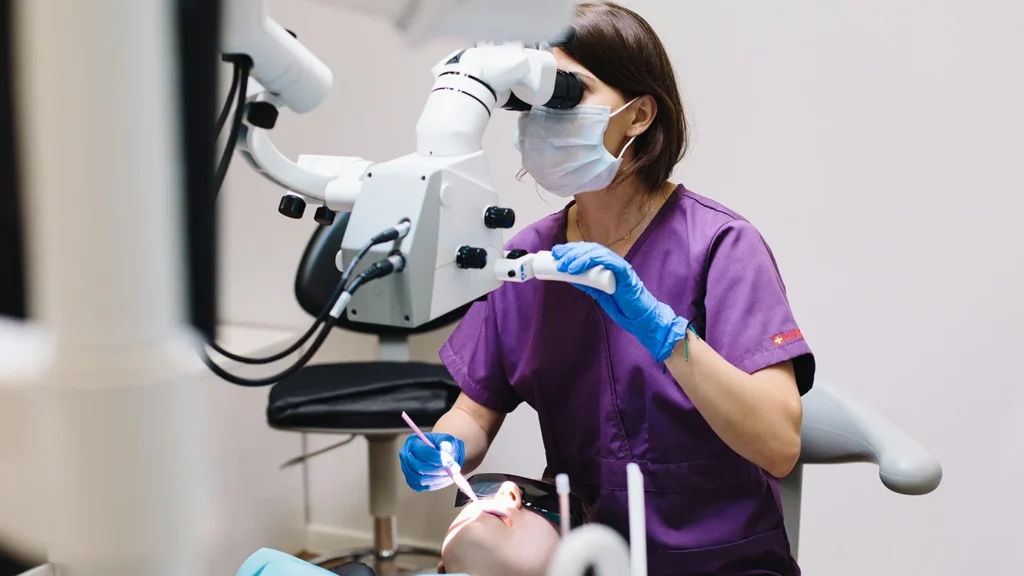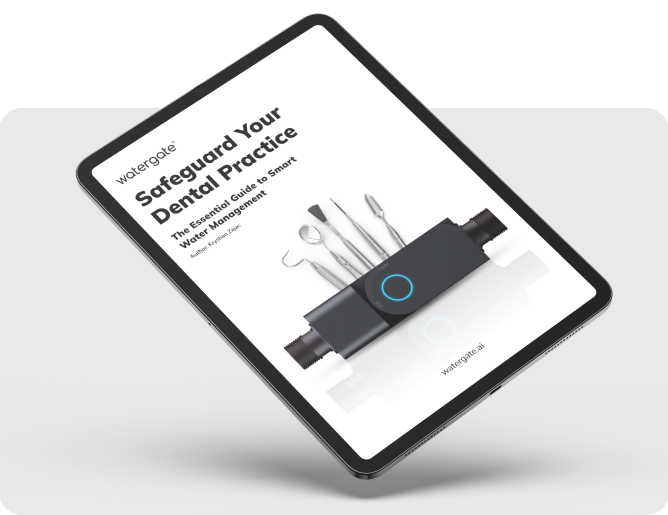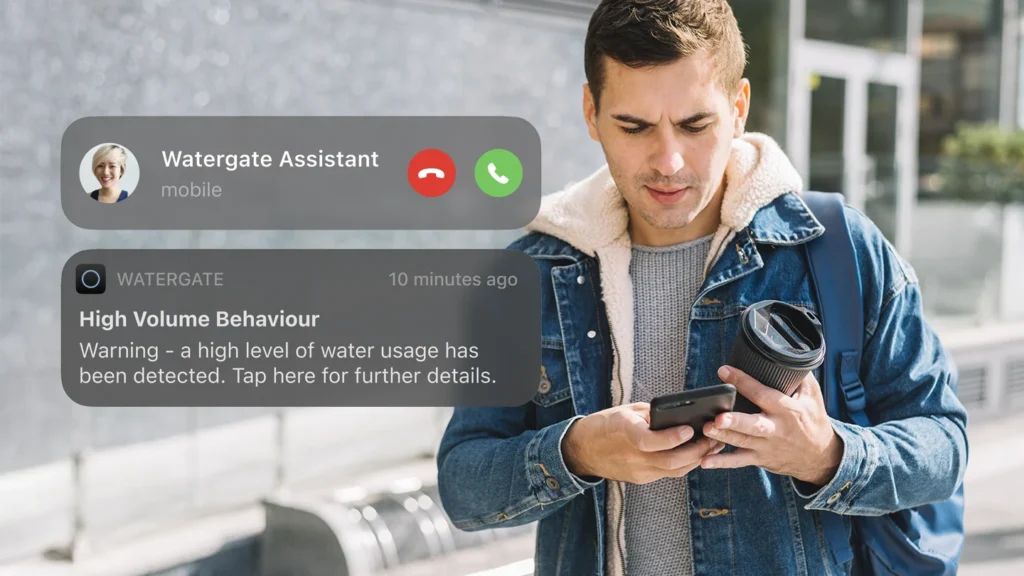Protecting Dental Practices from Water Leaks: An Essential Guide

Dental practices are particularly vulnerable to water leaks, and the impact can be far-reaching. From equipment damage to interrupted services, these leaks can cause significant disruptions and financial losses.
Leaks happen for various reasons. Ageing infrastructure, wear and tear, and seasonal changes causing pipes to expand and contract can all contribute. A small leak from a dripping tap might seem harmless, but over time, it can lead to more severe issues like mould growth, structural damage, and inflated water bills.
Why Dental Practices are Vulnerable
Dental practices rely heavily on a range of water-dependent equipment, from sterilisers to dental chairs. Even a small water leak can lead to catastrophic damage to this essential machinery. Moreover, the intricate plumbing systems within dental clinics, combined with the frequent use of water, create an environment ripe for potential leaks. Additionally, the presence of sensitive electrical equipment and patient records means that any water intrusion can have severe consequences, both operationally and financially.

The Consequences of Water Leaks
The immediate aftermath of a water leak is often visible in the form of damaged equipment and soaked interiors. However, the long-term effects can be more insidious. Mould growth, structural damage, and compromised water and air quality are just a few of the issues that can arise if water leaks are not addressed promptly and effectively. And the downtime caused by these incidents can result in a loss of revenue and a tarnished reputation among patients who depend on timely and reliable dental care.
Protect your practice.
Get the guide.
Safeguard your dental practice: the essential guide to smart water management.

Escalating Insurance Costs
There is also the rising cost of insurance to consider – both in terms of your premium and your excess amount. For dental practices across the UK, burst pipes and leaking appliances remain the most expensive cause of claims according to specialist insurers, Lloyd & White. That’s why getting insurance for your practice may already seem expensive – and it is certain to escalate further if you are forced to make a claim.

Preventative Measures
Implementing preventative measures is key to protecting dental practices from water leaks. Regular maintenance checks of plumbing systems, prompt repairs of any identified issues, and the installation of water leak detection systems can significantly reduce the risk. The Association of British Insurers recommends fitting a leak detection device and adds that ‘Some insurers may also take this into account when pricing your cover.’
Watergate offers a range of products specifically designed to detect and alert staff to the presence of water leaks, allowing for swift intervention before any serious damage occurs. By offering real-time monitoring and instant alerts, we ensure that any leaks are detected early, minimising potential damage. This can also help you save money on your water bills.
One of the most valuable features our dentistry customers love is the ‘autopilot’ function of Watergate Sonic. This feature lets Watergate autonomously manage water flow, alerting you only after taking necessary action. So, the second a leak is detected, Watergate can automatically shut off your supply.
Investing in water leak detection not only protects your valuable equipment and patient records but also ensures the continuity of care that your patients expect. In a profession where precision and reliability are paramount, safeguarding your practice against water leaks is an investment in the future of your business.
If you don’t yet have a leak detector installed, check out our guide of how to find a water leak manually.
